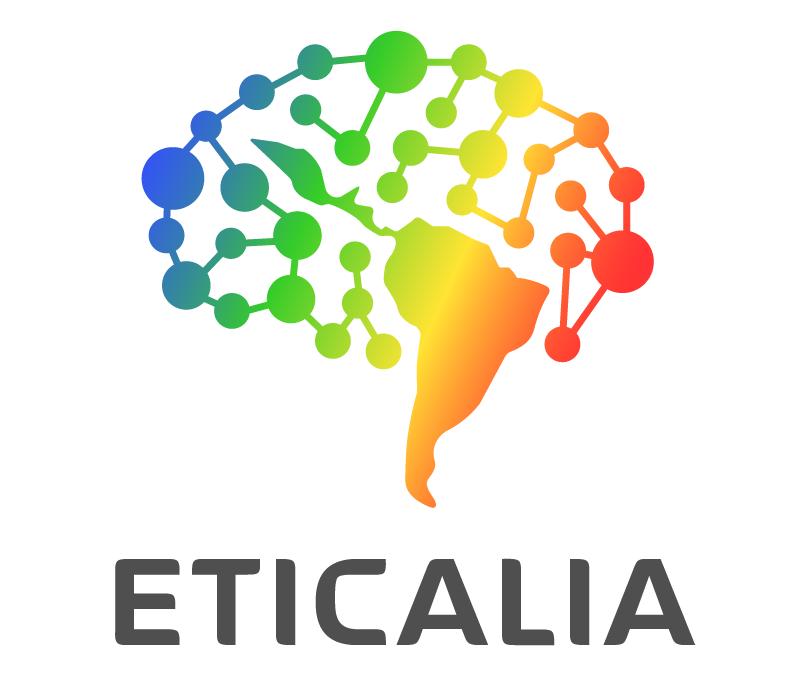On April 28, the Ethics Consortium for Artificial Intelligence Public Policies in Latin America and the Caribbean (EticALIA) will be launched, with the participation of members from various Latin American countries. The emergence of artificial intelligence (AI) and its impact on various sectors of society has generated ethical concerns regarding its research, implementation, and regulation. To address these challenges, a group of leading academics and researchers from the Latin America and Caribbean region formed the Ethics Consortium for Artificial Intelligence Public Policies for Latin America and the Caribbean (EticALIA). The consortium aims to critically examine the social implications of AI technologies, promote socially just tools, and develop recommendations for high-tech, ethical AI policies and research that contribute to more just societies.
One of EticALIA’s main focuses is to investigate ethical challenges and dilemmas in the research, implementation, and regulation of AI in different segments of ALC societies. This includes analyzing biases related to race, gender, territoriality, and linguistics that may be present in the development of AI technologies. The consortium will also explore the impacts of AI on users, including issues related to data protection, surveillance mechanisms, and citizen rights.
EticALIA recognizes that regulatory and public policy movements to promote AI in the region have been largely driven by big tech companies and politicians, with little participation from academics and scientists. Therefore, the consortium aims to provide recommendations for more appropriate and inclusive AI regulatory policies that consider the ethical implications of AI technologies and their potential impacts on society.
Mariza Ferro, a professor at the Institute of Computing at the Federal Fluminense University and coordinator of the EticALIA Consortium, emphasizes the need for AI education and literacy in Latin American and Caribbean countries. For the coordinator, AI literacy initiatives are essential to improve citizens’ understanding of AI and promote critical competencies for its adoption. In addition, EticALIA seeks to promote inclusive education models to empower AI developers and researchers who can produce ethical high-tech solutions for major social challenges,” says the professor, who has been leading the Consortium and the discussions on AI ethics. The coordinator of the Consortium, Diego Chavarro, from the Colombian Society of Physical Engineering (SCIF), emphasizes that the importance of this cooperation consists of promoting ethically committed public policy initiatives and propositions. “As AI technologies become more prevalent in our societies, it is crucial to critically examine their social implications and ensure that they are developed and implemented ethically, promoting social well-being, minimizing biases, and protecting the rights of citizens and the environment.” The launch of EticALIA is scheduled for April 28, 2023, at 9:30 am (BRT), virtually. It is expected to be a significant step in promoting responsible and ethical research, implementation, and regulation of AI in the ALC region. The transmission will take place on the Consortium’s YouTube channel on April 28.


